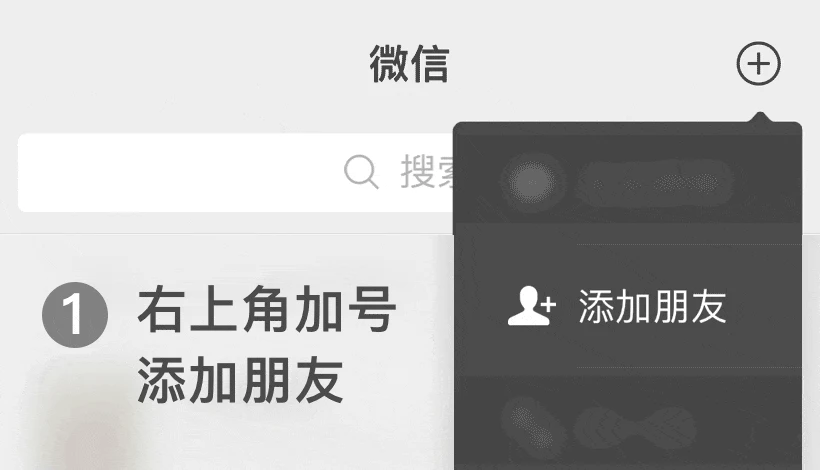
 Professional services are guaranteed
Professional services are guaranteed One on one full process guidance
One on one full process guidance Efficient and fast experience
Efficient and fast experience1. Origin and positioning
TMMI originated from the Illinois Institute of Technology in the United States, drawing on the CMMI (Capability Maturity Model Integration) framework and integrating international standards such as ISO/IEC/IEEE 29119 and ISTQB, focusing on maturity assessment in the field of test management. It is not only suitable for software development enterprises, but also widely used in industries such as finance, automotive, and healthcare that have strict requirements for software quality.
2. Core objectives
Identify testing weaknesses: Through maturity assessment, identify weak links in the organizational testing process.
Develop an improvement path: Provide a phased process improvement framework to help organizations gradually enhance their testing capabilities.
Quantitative quality indicators: Establish a measurable testing management system to support data-driven decision-making.
TMMi divides the organization's testing maturity into 5 levels, each level representing the evolutionary stage of the testing process from disorder to optimization:

(I.) Implementing TMMi certification can bring multidimensional benefits to organizations:
1. Quality assurance: Through standardized testing processes and defect prevention, significantly reduce the defect rate in the production environment and improve software reliability.
2. Process standardization: Establish a transparent and reusable testing management system, reduce reliance on personal experience, and improve testing efficiency.
3. Compliance support: Meet the regulatory requirements of high compliance industries such as finance and healthcare (such as ISO 25010, FDA, GDPR).
4. Resource optimization: Through automated testing and data-driven decision-making, shorten testing cycles and reduce labor and time costs.
5. Market trust: TMMi certification is an internationally recognized proof of quality capability, enhancing customer confidence and brand competitiveness.
6. Continuous improvement: Drive organizations to evolve towards higher levels of maturity, integrating innovative technologies such as agile, DevOps, and AI.
(II.) Industry application scenarios
1. Financial industry:
High availability and data security testing of core systems such as payment and settlement.
Meet financial compliance requirements such as Basel Accord and PCI-DSS.
2. Medical equipment and software:
Ensure that medical device software complies with FDA validation standards to avoid clinical risks.
Data integrity and privacy protection testing of electronic health record (EHR) systems.
3. Automotive Electronics and Autonomous Driving:
Embedded software testing that complies with ISO 26262 functional safety standards.
Reliability verification and scenario coverage test of auto drive system.
4. Telecommunications and Internet of Things:
Compatibility and performance testing of large-scale network devices and IoT terminals.
High concurrency and low latency verification of 5G core network.
5. Agile and DevOps teams:
Implement continuous testing (Shift Lift) in rapid iterations to ensure delivery quality.
Optimize test automation and CI/CD pipeline through TMMi Level 3+.
1. Selection of authentication level
Enterprises need to select target levels (1-5) based on the current maturity of testing management. For example:
TMMi Level 4: Requires the establishment of quantitative testing indicators and dynamic risk warning capabilities, and the completion of multiple project level and organizational level pilots (such as Gatland achieving certification through 6 project level pilots and 10 organizational level pilots).
TMMi Level 5: Requires defect prevention and continuous optimization, suitable for industries with strict quality requirements such as finance and automotive (such as China Pacific Insurance Plan to complete Level 5 certification by the end of 2024).
2. Core competency requirements
Standardization of processes: It is necessary to establish a testing management system that covers the entire lifecycle and collaborates with international standards such as ISO 26262 and ASPICE.
Quantitative analysis capability: Possess data-driven testing coverage analysis, risk warning mechanisms, etc.
Pilot verification: The effectiveness of the improvement plan needs to be verified through multiple project level pilot tests.
3. Qualification of service providers
Suppliers must hold service qualifications authorized by the TMMi Foundation and training institution qualifications certified by the China Software Testing Board (CSTQB).
Must have successful industry cases (such as at least 2 similar project experiences in the financial industry).
4. Financial and compliance requirements
Enterprises must be legally registered, with a registered capital or net assets of no less than RMB 2 million, and have no bad credit records.
Financial reports, tax certificates, and other documents are required.
TMMi (Test Maturity Model Integration) and CMMI (Capability Maturity Model Integration) are both process improvement models, but their areas of focus, scope of application, and emphasis are different. Here is a detailed comparison between the two:

Applying for TMMi (Test Maturity Model Integration) certification requires submitting a series of materials to demonstrate that the organization's testing process meets the maturity level requirements of the TMMi model. The following is a list of common TMMi certification application materials, the specific content may be adjusted due to the evaluation agency or target maturity level:
| Material category | Specific requirements and examples |
|---|---|
| Enterprise qualification documents | -Copy of Business License |
| Process Improvement Plan | -Improvement roadmap (including timetable/responsible person/KPI) |
| System documentation | -Testing Policy Manual |
| Project evidence | -Complete documentation for 3 pilot projects (test plan → report) |
| Training records | -Internal Training Attendance Sheet and Assessment Record |
| Tool proof | -Screenshot of Test Management Tool Configuration (such as JIRA's Test Requirement Mapping Relationship) |
| Evaluate the contract | -Service agreement signed with TMMI authorized evaluation agency |
The TMMi (Test Maturity Model Integration) certification process aims to assess the maturity of an organization's testing process and award corresponding levels (1-5) of certification.





Wechat ID:Siterui888888
Add a wechat friend to get free plans and quotations


 Contact
Contact
號.jpg)



 定制化解決方案
定制化解決方案 專業(yè)咨詢指導(dǎo)
專業(yè)咨詢指導(dǎo) 透明化服務(wù)
透明化服務(wù) 長期顧問式合作
長期顧問式合作